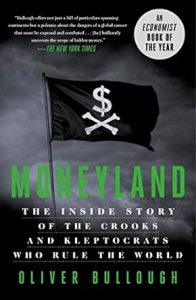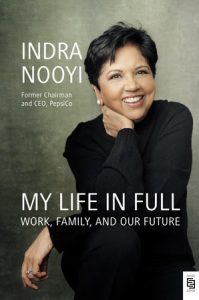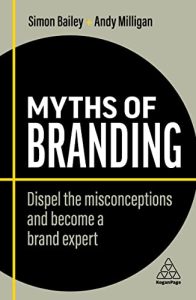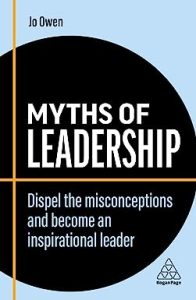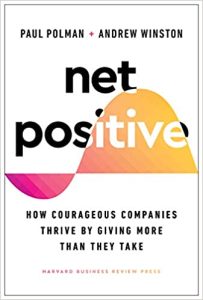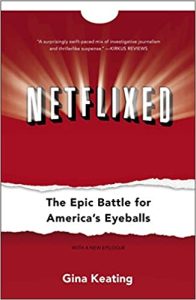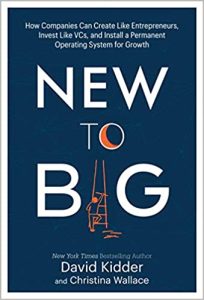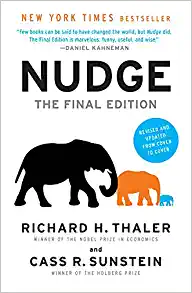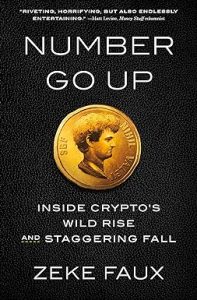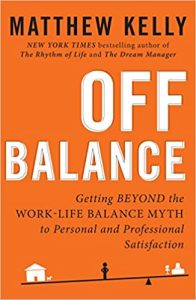Money In One Lesson
₦9,000.00Understanding cash, currencies and the financial system is vital for making sense of what is going on in our world, especially now. Since the 2008 financial crisis, money has rarely been out of the headlines. Central banks have launched extraordinary policies, like quantitative easing or negative interest rates. New means of payment, like Bitcoin and Apple Pay, are changing how we interact with money and how governments and corporations keep track of our spending. Radical politicians in the US and UK are urging us to transform our financial system and make it the servant of social justice.
And yet, if you stopped for a moment and asked yourself whether you really understand how it works, would you honestly be able to say ‘yes’?
In Money in One Lesson, Gavin Jackson, a lead writer for the Financial Times, specialising in economics, business and public policy, answers the most important questions to clarify for the reader what money is and how it shapes our societies. With brilliant storytelling, Jackson provides a basic understanding of the most important element of our everyday lives. Drawing on stories like the 1970s Irish Banking Strike to show what money actually is, and the Great Inflation of West Africa’s cowrie shell money to explain how it keeps its value, Money in One Lesson demystifies the world of finance and explains how societies, both past and present, are forever entwined with monetary matters.



